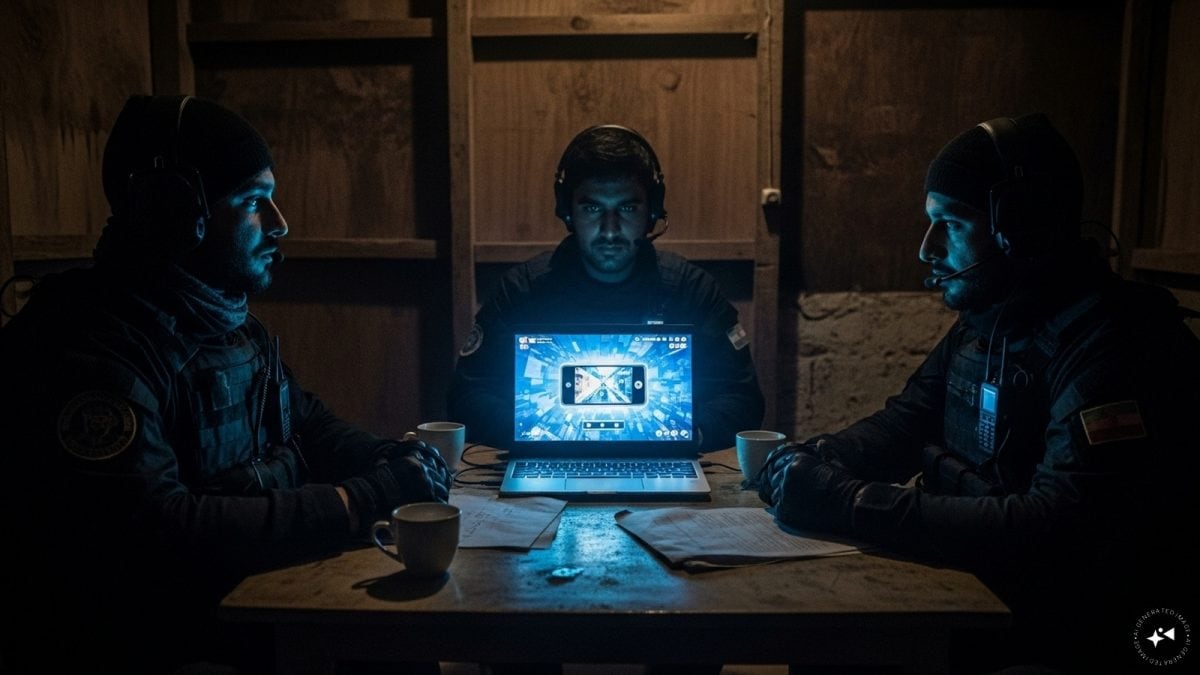

In Jammu & Kashmir, terrorist groups are increasingly exploiting gaming applications as novel communication tools to recruit, radicalize, and coordinate activities, prompting serious concerns among security agencies. These platforms offer a seemingly innocuous and easily accessible means for circumventing traditional surveillance methods.
A Shift in Communication Tactics
Terrorist organizations and Pakistan's Inter-Services Intelligence (ISI) are leveraging online war games, including those similar to PUBG, to transmit messages to recruits. These gaming apps provide channels for encrypted communication, anonymity, and the ability to function even on low-bandwidth internet connections, making them attractive for subversive activities. Security officials have identified instances where underage individuals were radicalized by gaming partners located across the border. After counseling, the radicalized youth were handed back to their parents.
How Gaming Apps Facilitate Terrorism
Gaming applications offer various features that can be misused: * Real-time Communication: They enable players to communicate through voice, video, and text, ostensibly for teamwork and strategy, but also for exchanging sensitive information. * Encryption: Many apps incorporate encryption to protect user communications, though the strength of this encryption varies. Some even offer self-destructing messages. * Anonymity: Some messaging apps do not require phone numbers or email addresses, providing complete user anonymity. This makes tracking and identification very difficult. * Accessibility: Despite bans, these applications can be downloaded illegally using Virtual Private Networks (VPNs). VPNs mask IP addresses and encrypt online traffic, making it harder to monitor online activity.
Recruitment and Radicalization
These platforms are used to identify and groom potential recruits. The process typically involves:
The Virtual Battlefield
Security agencies are now grappling with "cyber jihad," where operatives based in Pakistan use encrypted apps, proxy numbers, and virtual identities to radicalize youth in Jammu & Kashmir. This has become an increasing concern due to the decline in local recruitment. Terrorist groups are also using virtual SIM cards to connect with handlers in Pakistan. These virtual SIMs are generated by foreign service providers, and users download an application to use them.
Countermeasures and Challenges
To combat these evolving tactics, a multi-faceted approach is required:
The use of gaming apps by terror groups represents a significant challenge for security forces in Jammu & Kashmir. As technology evolves, so do the methods employed by these groups, requiring constant adaptation and innovation in counter-terrorism strategies.